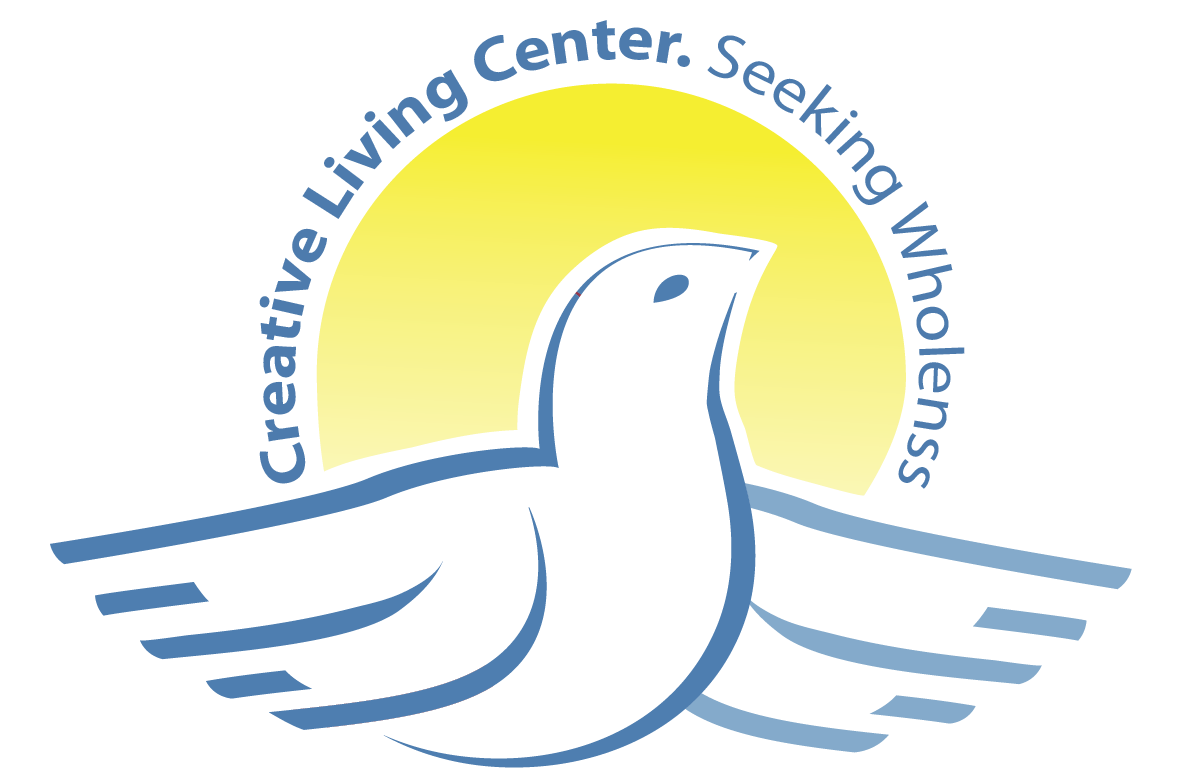Depression
Depression is a mood disorder that is characterized by persistent feelings of sadness.
Rather than having the blues, depression is a state of emotional and physical distress that
may interfere with daily activities. This disorder requires long term therapy, but the
individual can begin to heal with appropriate psychotherapy and possibly medication.
Symptoms:
-Feelings of sadness, hopelessness, and emptiness
-Loss of interest in their school, work, favorite activities, or even normal activities
-Lack of concentration or slowed thinking
-Trouble falling asleep, staying asleep, interrupted sleep, and upon awakening feel more
tired than when they went asleep
-Weight loss, weight gain, or loss of appetite
-Anxiety
-Outbursts of anger, irritability, or frustration
-Thoughts of death or suicide
-Other physical symptoms like neck pain, stomachaches, backaches, headaches, and
nausea
-Isolation
Types of Depression
Seasonal Depression: A type of depressive disorder that relates to changes in the season
with most individuals experiencing symptoms beginning in the fall and winter and
ending in the spring and summer.
Postpartum Depression: Another type of depression that may occur after the birth of a
child. Usually, mothers may experience a period of being “down”, but sometimes those
feelings and symptoms persist and form Postpartum Depressive Disorder.
What Causes Depression?
Even though there is not one cause of depression, there are some factors that can play
into developing this disorder.
-Trauma, especially at an early age, can lead into changes in the brain and how the brain
handles emotions like stress and fear.
-Genetics as having blood relatives who have also struggled with depression.
-Chronic or serious illnesses
-Certain personality traits like low self-esteem, negative thoughts, or self-critical
thoughts are more likely to have depression.

